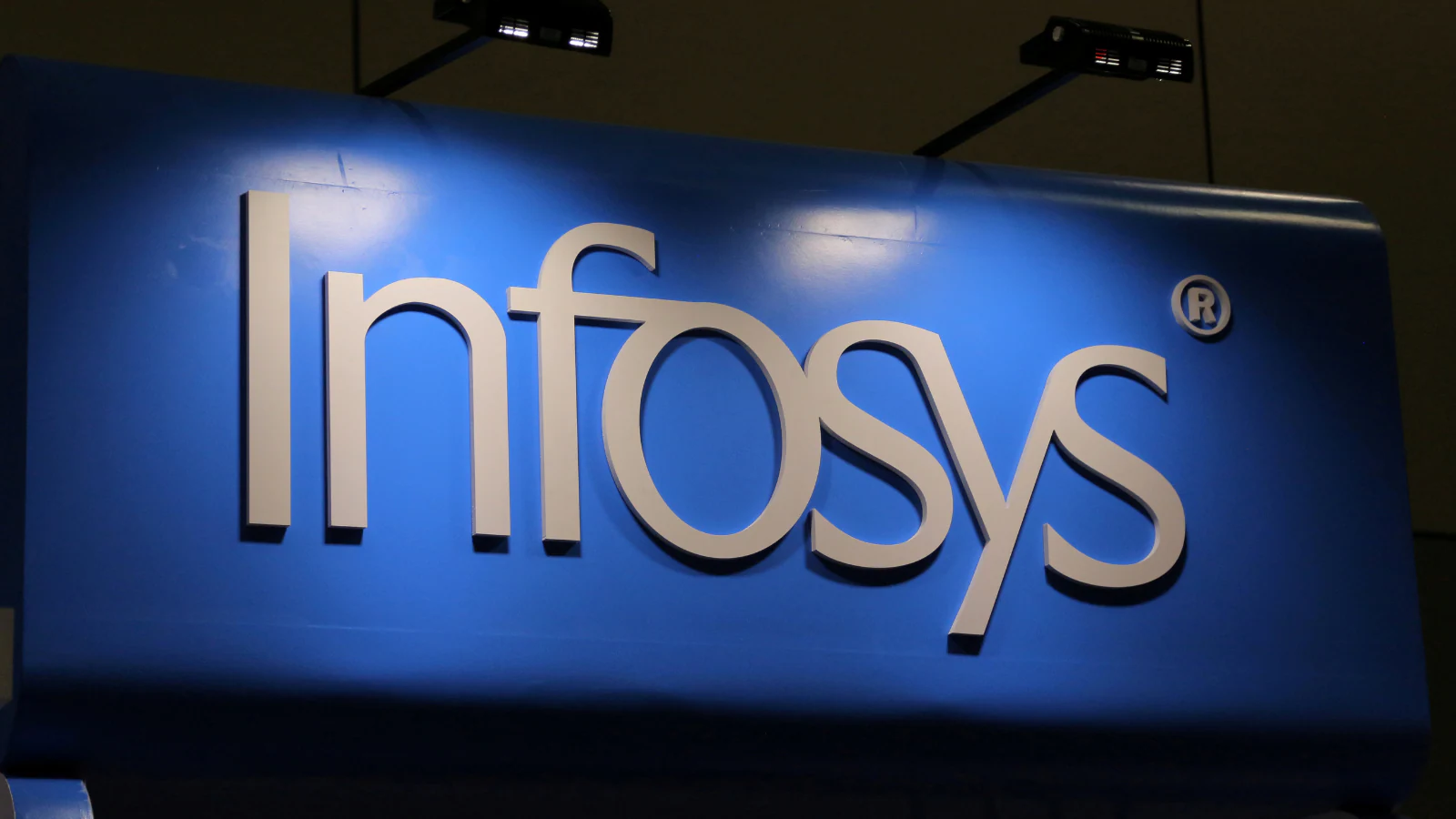By Aparna Deb,News18
Copyright news18

Infosys Share Buyback: Infosys is carrying out its largest-ever share buyback worth Rs 18,000 crore. India’s second-largest IT services company plans to repurchase up to 10 crore shares, representing 2.41% of its paid-up capital, at Rs 1,800 per share. For context, Infosys shares closed at Rs 1,508.50 on September 15.
If you are an Infosys shareholder considering tendering your shares, it’s important to tread carefully. With new tax rules in place, buybacks now carry a significantly higher tax burden, particularly for investors in the higher income brackets.
Why Shareholders Now Pay Higher Tax
The taxation framework for buybacks changed substantially on October 1, 2024. Under the revised rules, proceeds from a buyback are now treated as “deemed dividend” and taxed as income from other sources at the shareholder’s applicable slab rate.
Earlier, companies paid a 20% buyback tax (effectively about 23%), and the shareholder’s gain from the buyback was fully exempt. Now, companies no longer pay this tax—shareholders are directly taxed on the entire buyback proceeds. “The full buyback proceeds are considered as dividend income under Section 2(22)(f) and taxed at the shareholder’s slab rate, which can be as high as 30%+ for high-income individuals,” explained Madhupam Krishna, SEBI-registered investment adviser and chief planner at WealthWisher Financial Planner and Advisors.
Impact of Infosys Buyback on Investors
The entire buyback amount received will be treated as income and taxed at your slab rate. For example, if you bought shares at Rs 1,000 each and Infosys buys them back at Rs 1,800, then:
The full Rs 1,800 per share received is treated as income.
Your purchase cost of Rs 1,000 becomes a capital loss, which can only be offset against future capital gains.
As per B Srinivasan, director and founder of Shree Sidvin Investment Advisors, told Moneycontrol.com: “Your purchase cost of Rs 1,000 is treated separately as a capital loss, which you can offset only against capital gains in the future.”
For resident shareholders, TDS at 10% applies. For non-resident shareholders (NRIs included), TDS is levied at 20% plus surcharge and cess, unless a lower rate is available under a tax treaty.
Buyback vs. Market Sale: The Tax Contrast
Selling shares on the stock exchange continues to be more tax-efficient. If you sell shares bought at Rs 1,000 for Rs 1,800 in the market:
You pay tax only on the Rs 800 gain as capital gains tax.
You also pay a small Securities Transaction Tax (STT).
In contrast, under a buyback, the entire Rs 1,800 is taxed at your slab rate, resulting in a much higher tax outgo.
Buybacks Less Attractive Now?
The shift in tax burden makes buybacks less efficient for investors, particularly those in the higher tax brackets. “The new regime makes share buybacks less tax-efficient for high-tax-bracket shareholders, as buyback proceeds are taxed at their marginal rate instead of a flat rate at the company,” Krishna noted.
In short, while Infosys’ buyback may look attractive at first glance, the heavier tax implications mean investors should carefully evaluate whether selling in the open market could be a smarter alternative.



